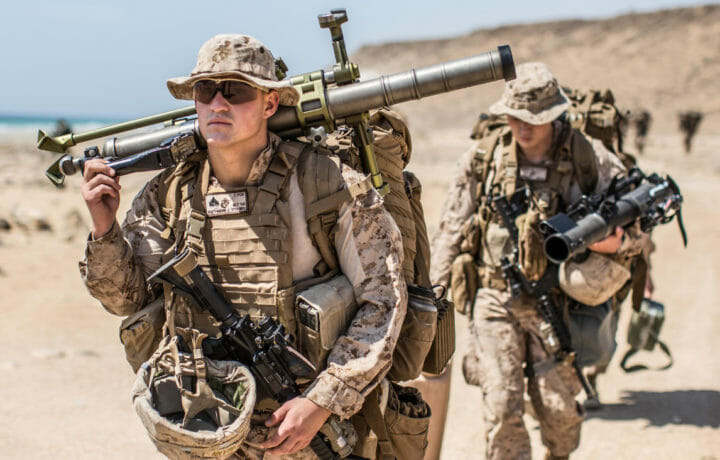Reports from employers routinely show that the majority of them are looking for soft skills in their candidates. Veterans have a high number of these skills from their time in service, and if you don’t put them on your resume, then employers won’t know that you have them.
5 Soft Skills for Veterans to highlight on their resume
As a veteran, don’t underestimate the value of the soft skills learned while in the military. This is the kind of experience employers are searching for … and it is experience that new college graduates typically don’t have. But if you don’t put these soft skills on your resume – with examples of how you used these soft skills – they will never know you have them.
1. Communication
This soft skill has always been important, but because of the way the pandemic changed our way of working, it is even more important now. With remote and hybrid work, communicating is different. While much is still verbal using videoconferencing, more has transitioned to text and email, writing is different than speaking.
Another change requiring this soft skill is more and more companies are becoming more diverse, inclusive and global. And to the credit of veterans, there is probably not a military force more experienced with a broad spectrum of experience with different races, cultures and genders than the U.S. Armed Forces, so veterans already know how to communicate in a growing diverse, inclusive and global business environment.
2. Time management
The ability to manage time is the “secret sauce” of being effective. In today’s fast-paced business environment, things move fast and employers can’t afford to have employees waste time. Fortunately, veterans are “old hat” at this soft skill. The military runs on a clock. Certain things happen at certain times and if you are not there, it will not wait for you. So we have all learned to not be late by arriving 15 minutes for a scheduled event.
3. Project management
This soft skill often goes hand-in-hand with time management. A project usually has a sequence of events where “A” has to happen before “B”; “B” has to happen before “C”, etc. If one of the items is delayed, it affects the rest of the project and throws it off schedule. Veterans are used to dealing with projects.
One that comes to mind is operations. Being on the objective at a certain time is critical for the success of that operation. In many instances, it can be a matter of life or death. Veterans can check that box!
4. Analytical thinking
The U.S. military is different from many other militaries in that its NCOs are taught to lead in the absence of an officer. If their officer is taken out of the fight, there is always a Senior NCO there to take over and carry on with the mission. And if unexpected situations come up, that person can choose possible courses of action and select the one with the highest chance of success on the fly. It is analytical thinking at its best, but we call it being able to think on your feet!
5. Flexibility
One of the benefits of being able to work remotely that workers like a lot is flexibility; being able to work when their life schedule allows. Employers recognize this benefit, so they are interested in candidates that have experience working in this type of environment. In the military, we learn that a plan does not always go as planned – alright, almost never as planned – and we have to be flexible and be able to adapt to fast changing conditions – often in an adverse environment. So this is another soft skill veterans are very adept at doing.




